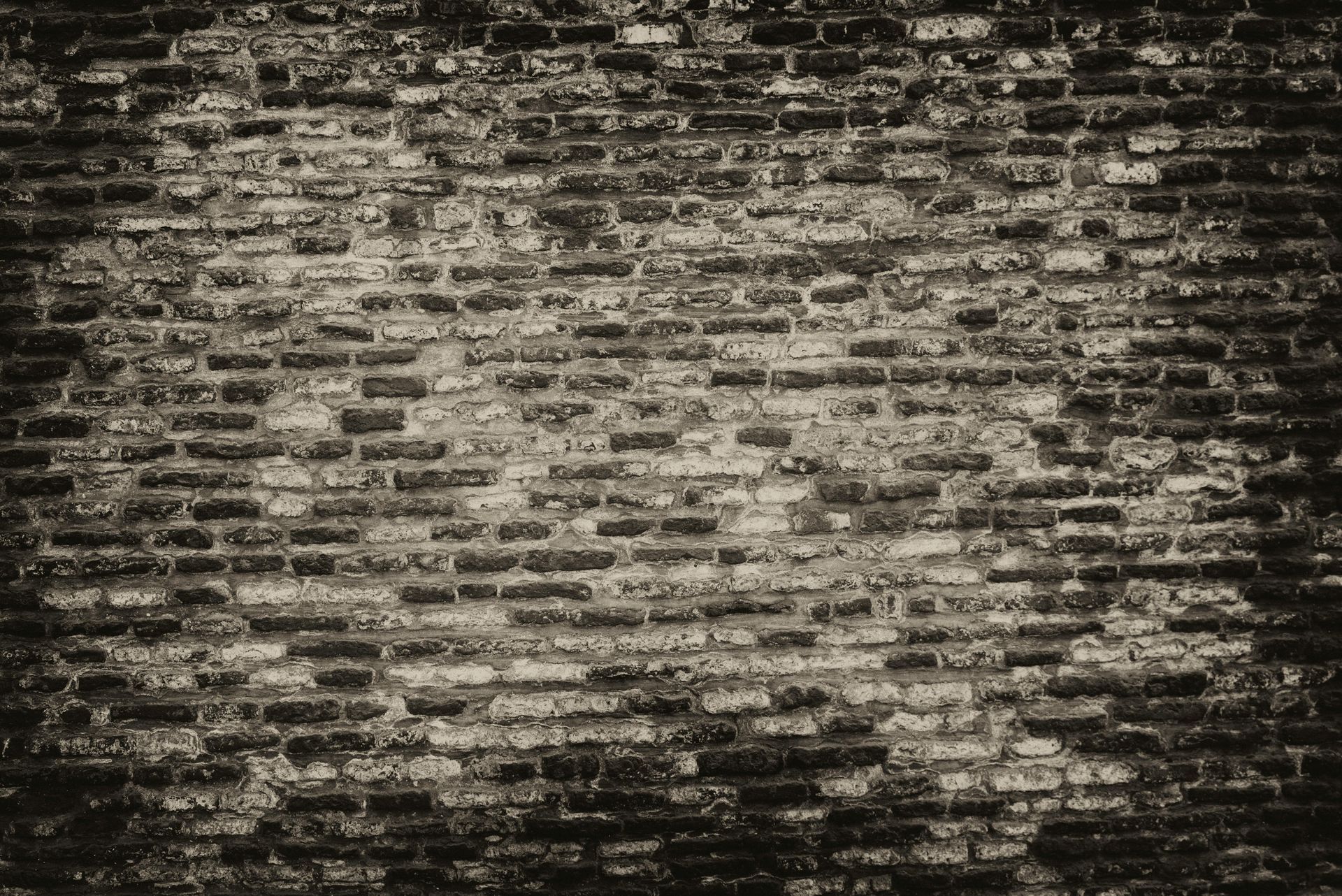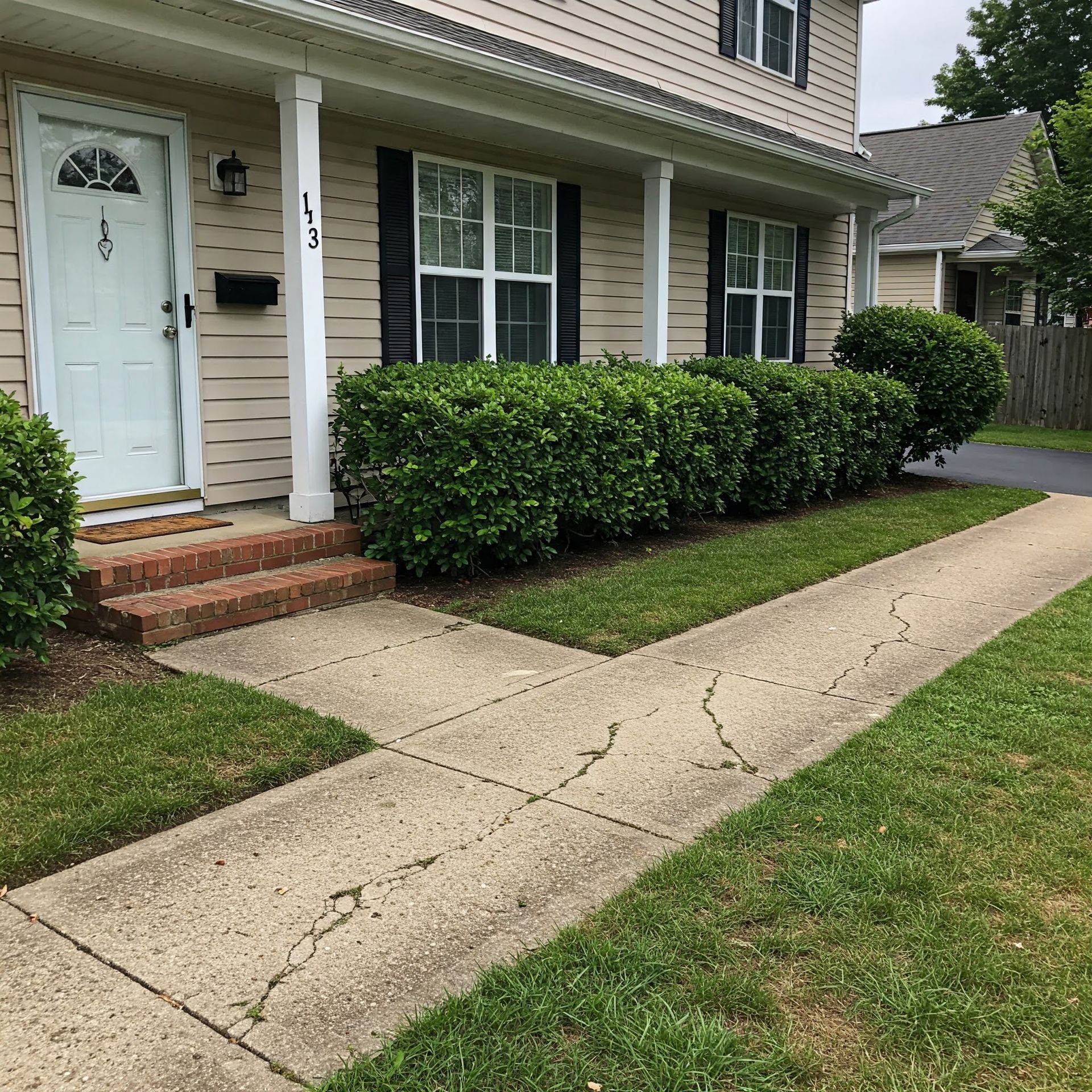How Do Seasonal Transitions Impact Home Inspection Findings?
5-Minute Read
How Do Seasonal Transitions Impact Home Inspection Findings?
As home inspectors, we see firsthand how seasonal transitions shape the stories homes tell. Each season reveals unique clues about a house’s condition—some good, some not so good. Whether it’s spring rains exposing leaks or winter drafts pointing to insulation gaps, every season has its own way of shining a light on a home’s strengths and weaknesses. Let’s dive into how each season impacts inspections and what it means for you as a homeowner or buyer.
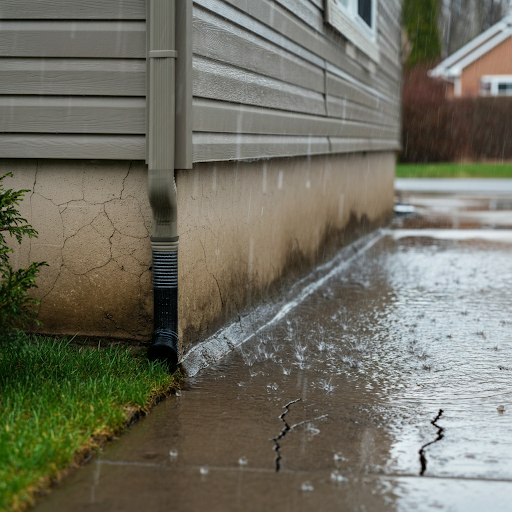
Spring: Uncovering Post-Winter Issues
Spring is a favorite time for inspections, and for good reason—it’s when winter’s secrets come to light.
- Water Damage: Melting snow and seasonal rains often expose roof leaks, basement flooding, and poorly graded landscaping. It’s like nature’s way of stress-testing a home’s water management.
- Foundation Problems: As the ground thaws, shifting soil can reveal cracks or settlement in the foundation. We see these problems more often in spring than any other time.
- Pest Activity: Spring is when critters come back to life, and signs of infestation—like ant trails or wood destroying insects—are easier to spot.
- Drainage Issues: Heavy rains highlight grading or gutter issues that drier seasons can hide.
From the Inspector’s Lens: A rainy spring day is perfect for discovering how a home handles water. We always say, “Rain is our free diagnostic tool!”

Summer: Ideal for Comprehensive Inspections
Summer’s long days and stable weather make it ideal for thorough inspections.
- HVAC Efficiency: High temperatures let us push air conditioning systems to their limits. If an HVAC unit struggles in summer, it’s likely to need attention soon.
- Roof and Exterior: Clear skies offer the best conditions for inspecting roofs, siding, and decks. We’ll spot issues like worn shingles or cracks in the siding that winter may have hidden.
- Landscaping: Overgrown trees or poorly placed plants can cause problems, from roots damaging foundations to limbs threatening roofs.
From the Inspector’s Lens: Summer is all about clarity. Everything’s visible, and we can address outdoor concerns without weather getting in the way.
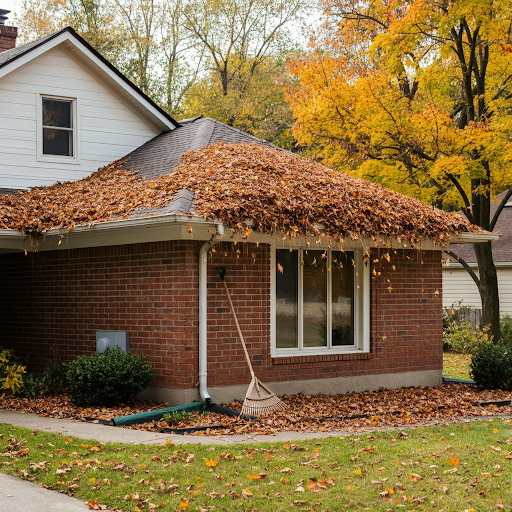
Fall: Preparing for Winter
Fall inspections are all about ensuring a home is ready for the challenges of winter. As temperatures drop, certain issues come into focus:
- Heating Systems: Cooler temperatures allow us to test furnaces and heating systems under realistic conditions.
- Insulation and Efficiency: The first chilly evenings make it easier to pinpoint drafty areas and evaluate a home’s overall energy efficiency.
- Gutters and Drainage: Fallen leaves reveal whether gutters are clear or prone to water backups, which could lead to ice dams or drainage issues come winter.
From the Inspector’s Lens: Fall inspections are like creating a to-do list for winter prep. If there’s a problem, addressing it now can save headaches later.

Winter: The True Test of Comfort
Winter inspections may come with challenges, but they offer insights you won’t get in any other season.
- Roof Integrity: Snow and ice highlight weak points in roofs. We often see early signs of ice dams or sagging areas under heavy loads.
- Insulation and Draft Detection: Drafts are much easier to detect when it’s cold out. Even a slight chill coming through a window can tell us where improvements are needed.
- Heating System Performance: Winter is the best time to test how well a home’s heating system holds up under pressure.
From the Inspector’s Lens: Winter shows a home’s resilience. If it’s keeping you warm and dry during the coldest months, you’re in good shape.
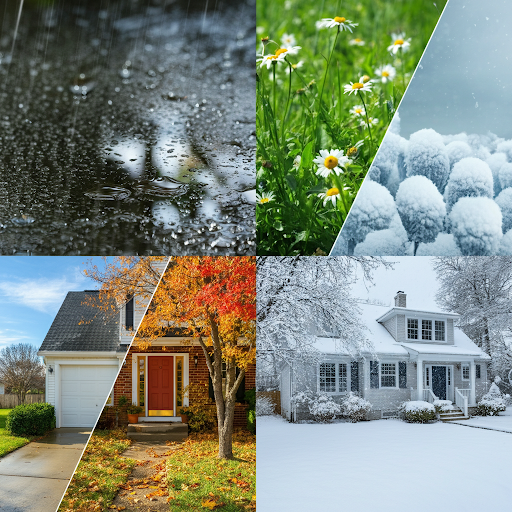
Seasonal Transitions and Home Inspections: Why It Matters
Every season brings its own challenges and insights. Spring might expose water issues, while fall makes heating inefficiencies obvious. Year-round inspections offer a complete picture of a home’s condition, helping you understand both immediate concerns and potential long-term issues.
Inspectors adapt to the season, knowing what to look for and how to interpret what the home is telling us. And if weather limits access to certain areas, like snow-covered roofs, we make it a priority to follow up when conditions improve.
FAQ's
Should I schedule a home inspection in a specific season?
Not necessarily! Each season reveals different aspects of a home, so anytime is a good time for an inspection.
Can seasonal issues be fixed?
Most seasonal problems, like drafts or clogged gutters, are easily addressed. Inspections help you prioritize what needs attention.
What if the weather prevents part of the inspection?


